
This article is more than
1 year oldA nation of more than 23 million is teetering on the brink of total collapse as rebel forces take hold, with a dictator now facing an uncertain future.
Syria’s 13-year-long civil war had quietened into a general standoff. But Israel’s attacks on Lebanon-based Hezbollah and Iran have changed the balance of regional power.
Now, the fighting has erupted again.
The Bashar al-Assad regime’s defensive line in the northwest of the country has collapsed surprisingly fast. Syrian rebels surged into Syria’s second most prominent city, Aleppo, within days. Another 250 towns and villages have fallen under their control in the first week.
Advancing rebel fighters dealt another strategic blow to the regime and its Russian and Iranian backers on Thursday when they seized the crossroads city of Hama. Now, President Assad’s forces are marshalling to defend the next major city on the road to Damascus – Homs.
“The rebel offensive (has) exposed vulnerabilities in government defences, which collapsed all along the front, with soldiers and other pro-government forces fleeing rather than putting up a fight,” a Crisis Group assessment of the unfolding situation states.
“The rebel advances indicate the direction of travel – Damascus – and inevitably raise the question of whether the government will have the capacity to reinforce its combat units and muster resources for a counteroffensive.”
The prospect of a full-scale collapse is looming large over the rapidly unfolding scenario.
“A major question is what is happening in Damascus,” says Council on Foreign Relations (CFR) Middle East analyst Steven Cook.
“What is happening within the councils of power in Damascus will be critical for how this new phase of the Syrian conflict unfolds.”
Whatever the case, Assad’s grip on power is now tenuous.
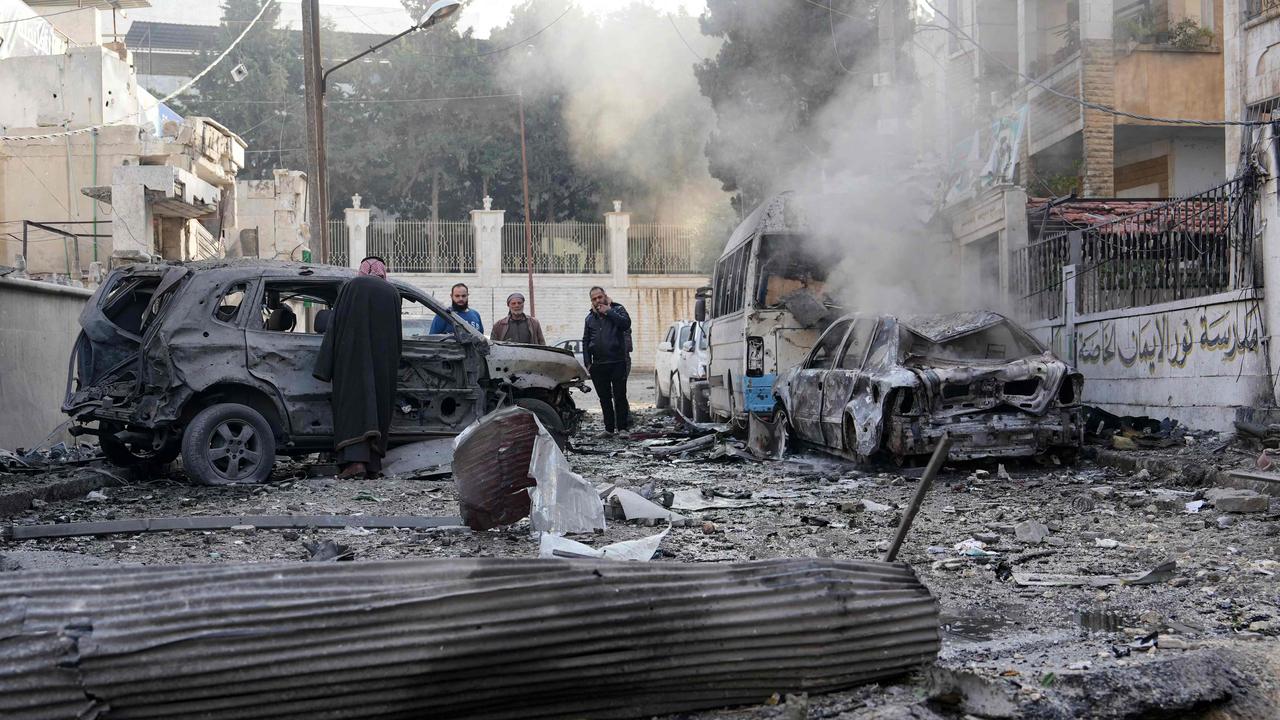
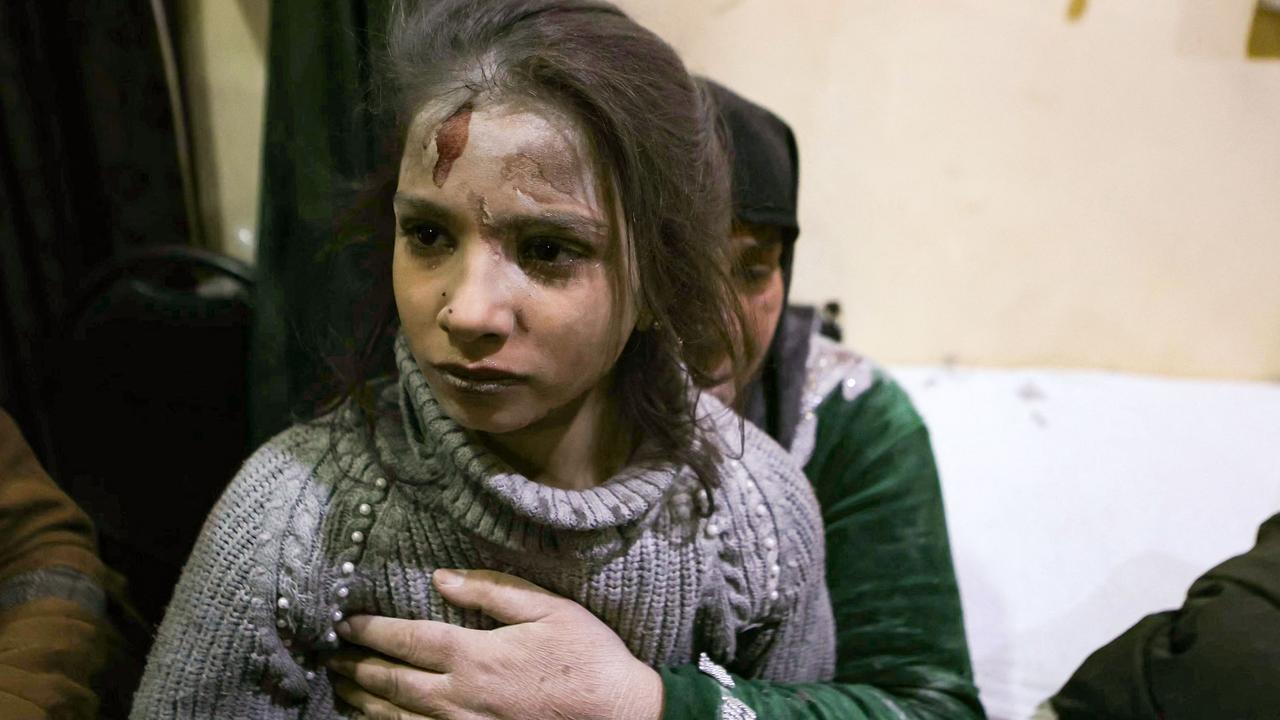
The collapse of Aleppo was a significant blow. The fall of Hama is a severe strategic defeat.
“These are dramatic, game-changing developments,” says Middle East Institute Syria analyst Charles Lister.
“The last time that Assad had to deal with multiple concerted challenges to his territorial control – back in 2015 – his regime was pushed to breaking point, and Russia had to militarily intervene to save him.
“There will be no such saviour today.”
Syria torn asunder
The fact the rebels have attacked is not a surprise. And nor, says Lister, should be their success.
“Not only had Assad never truly ‘won’ his country’s civil war, but his rule has also been weakening for some time. His position is more vulnerable than ever before,” he explains.
Years of stalemate have been used to paint a picture of a deeply entrenched Damascus regime backed to the hilt by Moscow and Tehran.
But beneath the surface was the cancerous destruction of the nation’s economy and institutional systems.
“Rather than stabilising the country and offering Syria’s civilians some respite after more than a decade of war, Syria’s humanitarian crisis has spiralled,” Lister states.
Some 90 per cent of the population now live in poverty. And corruption and organised crime are rampant among government and military authorities.
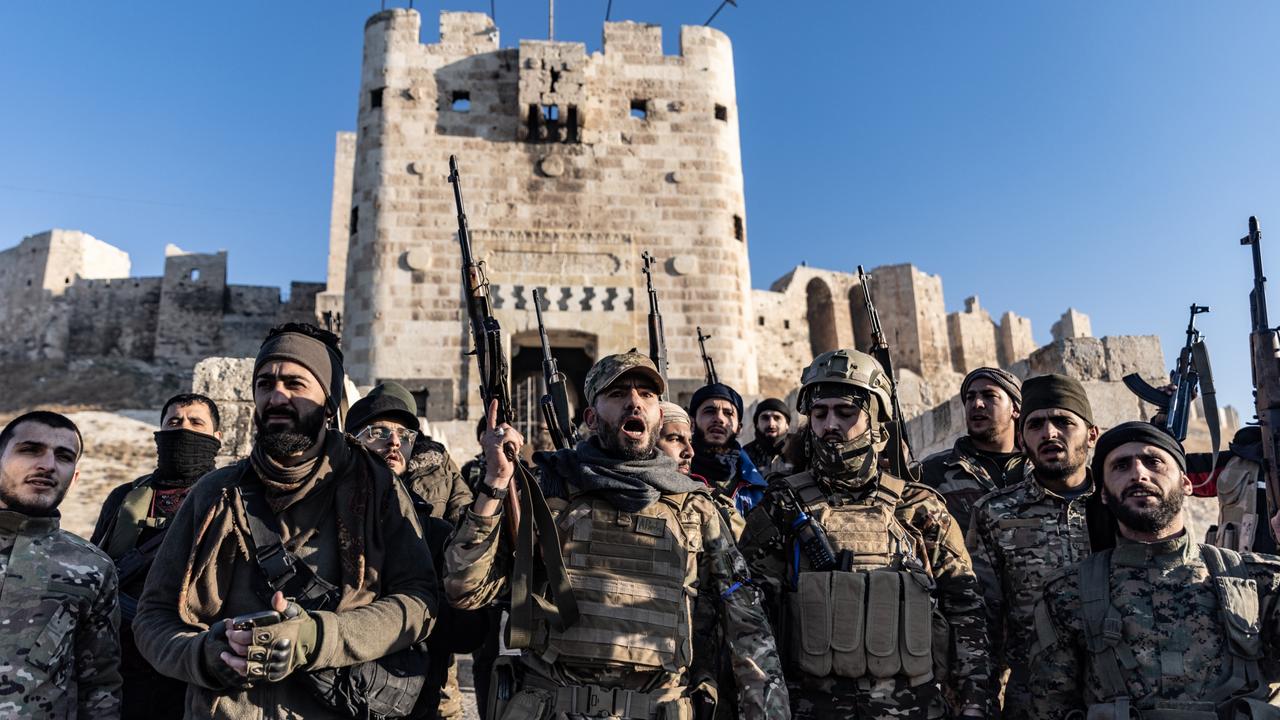
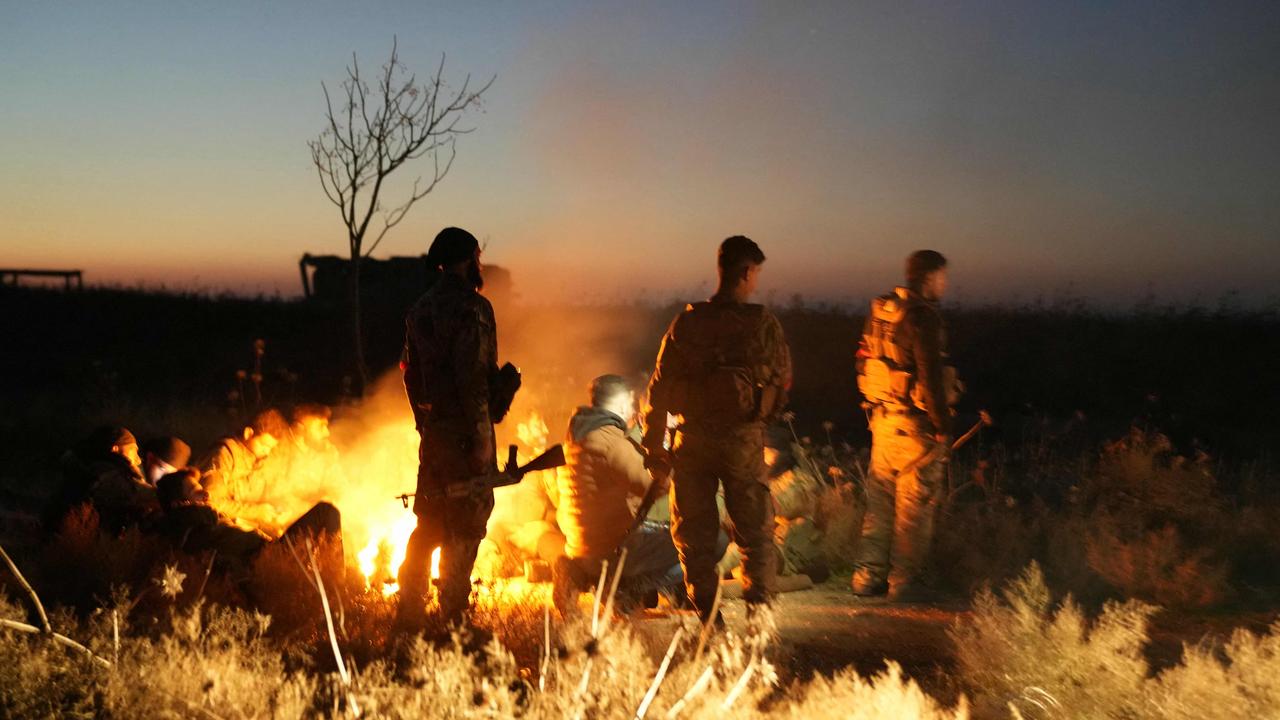
And with the renewed fighting, Syria’s currency collapse has only accelerated.
“But Assad no longer has anybody to rescue him from state bankruptcy,” Lister adds. “Russia’s economy has been hit hard by the effects of its war in Ukraine, and Iran’s economy is in poor shape, too.”
But the tipping point had little to do with Syria itself.
Israel has all but destroyed Hamas in Gaza and severely weakened Hezbollah in Lebanon.
Iran’s political influence has been hamstrung by Israeli attacks in retaliation for its support in missile and rocket attacks. And Russia is so over-committed in Ukraine that it has had to call for North Korean reinforcements.
“That does not mean that Hezbollah or the Russians will not help,” says Cook.
“Both are deeply invested in Syria. But they do not have the forces they had in 2015 and 2016 that were used to crush the insurgency.”
Much will depend on whether Syrian government troops can halt the advance on Homs.
“Nobody anticipated the Syrian rebels’ incredible progress, including the rebels themselves,” says Atlantic Council Syria Project analyst Ömer Özkizilcik.
“The collapse of the Assad forces in Aleppo allowed for significantly greater gains than were initially expected.”
But Assad’s problems reach much closer to home.
“The regime’s acute lack of popularity across Syria and the opposition’s dramatic advances have also inspired armed factions throughout the country to mobilise and take action,” explains Lister.
Clashes are being reported in regime-controlled areas, including Daraa in the south, Homs in the centre and Deir ez-Zor in the east.
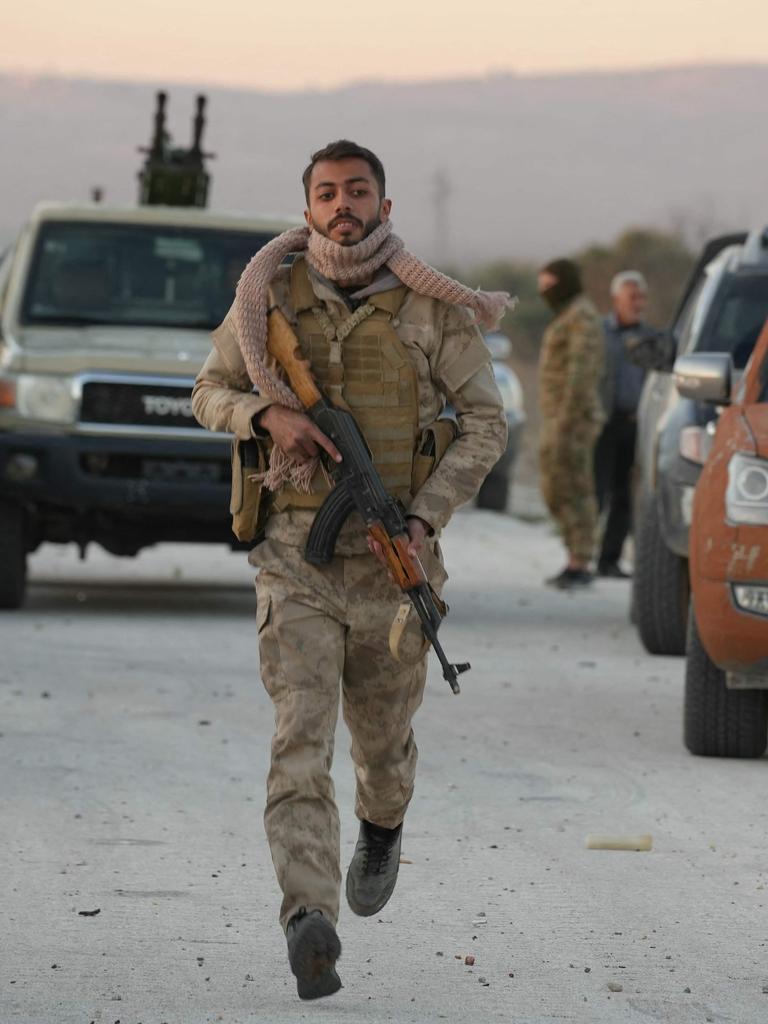
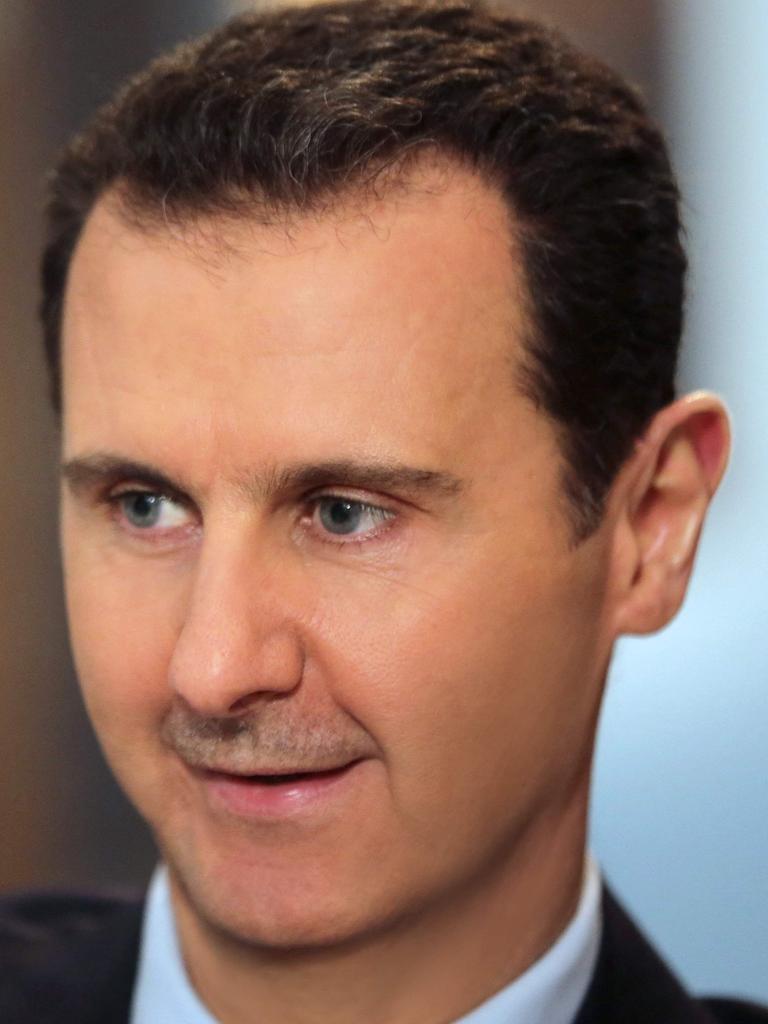
Rebel alliance
“Despite having expected some form of rebel offensive for months, Damascus was caught off guard by the rebels’ swift progress,” the Crisis Group states.
“Alongside Russia, it had been conducting pre-emptive air strikes on HTS-controlled territory in Idlib and neighbouring areas since October in an attempt to deter a rebel attack. These efforts were clearly in vain.”
The assault is being led by the Islamist Hayat Tahrir al-Sham (HTS), which is the new name for what was the al-Qaeda affiliate group Jabhat al Nusra. The United States designated HTS as a terrorist organisation in 2018.
It’s being backed by the Syrian National Army (SNA), a loose coalition of mostly Turkish-backed rebels from across the country. And the Kurdish Syrian Defence Forces (SDF) are adding to the confusion.
“Clearly, the armed opposition to Assad has taken advantage of the fact that Israel has done significant damage to Iran’s so-called axis of resistance, especially Hezbollah,” says Cook.
“A greatly weakened Hezbollah and a Russia distracted by its fight in Ukraine make it harder to defend the Assad regime.”
Now, years of simmering unrest has erupted into open warfare.
A Syrian Government attempt to reinforce the central city of Hama under the cover of Russian air strikes has since failed.
“Losing Hama (will) open the door for the rebels to push farther south, fundamentally altering the war’s trajectory and maybe even threatening the government’s survival,” the Crisis Group report reads.
“The government will now have more difficulty casting itself as capable of holding onto Syria’s heartland without heavy reliance on foreign support.”
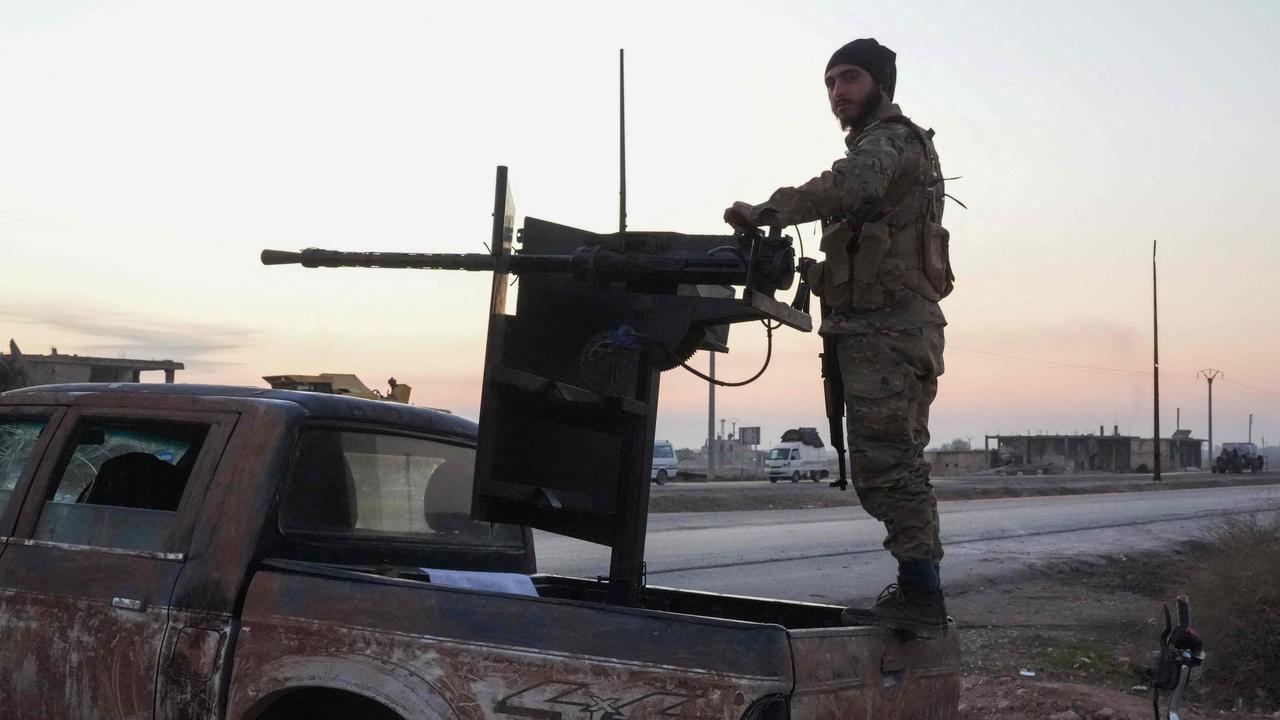
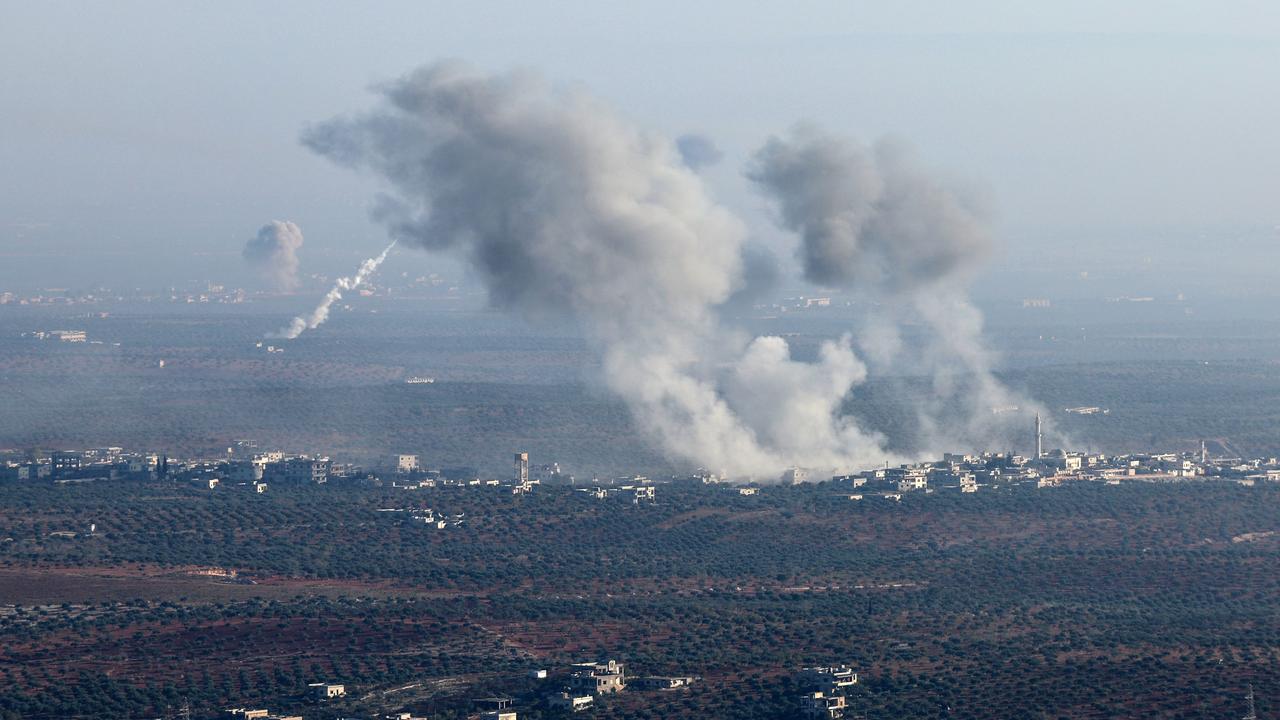
But the surprise success of the rebel forces has caused them to outpace their supply lines. And they are yet to establish control over the occupied territories.
“Whether the rebel groups can consolidate their gains depends on the response from the regime, the Russians, Hezbollah, and any other groups the Iranians might deploy to help Assad,” the CFR’s Steven Cook warns.
Russia to the rescue?
The collapse of regime forces shows Russia’s decade-old effort to rebuild Assad’s military has had little success, just as its own forces failed spectacularly in its attempted three-day invasion of Ukraine.
President Vladimir Putin intervened in Syria after the “Arab Spring” popular uprisings which demanded democracy across the Middle East.
His air strikes were crucial in a campaign to bolster government forces and keep President al-Assad in power. It also reasserted Moscow’s reputation as a global power.
“For Russia, Syria had been a success story, a demonstration of its ability to influence events in the Middle East,” the Crisis Group states.
“Moscow has invested significant time and effort in Syria since 2015, and it will therefore do what it can to prevent the government’s collapse.”
That reputation – and investment – is now at stake.
“We strongly condemn this attack,” Russian Foreign Ministry spokeswoman Maria Zakharova said earlier this week.
“There is no doubt that they would not have dared to commit such an audacious act without the instigation and comprehensive support of external forces that seek to provoke a new round of armed confrontation in Syria …”
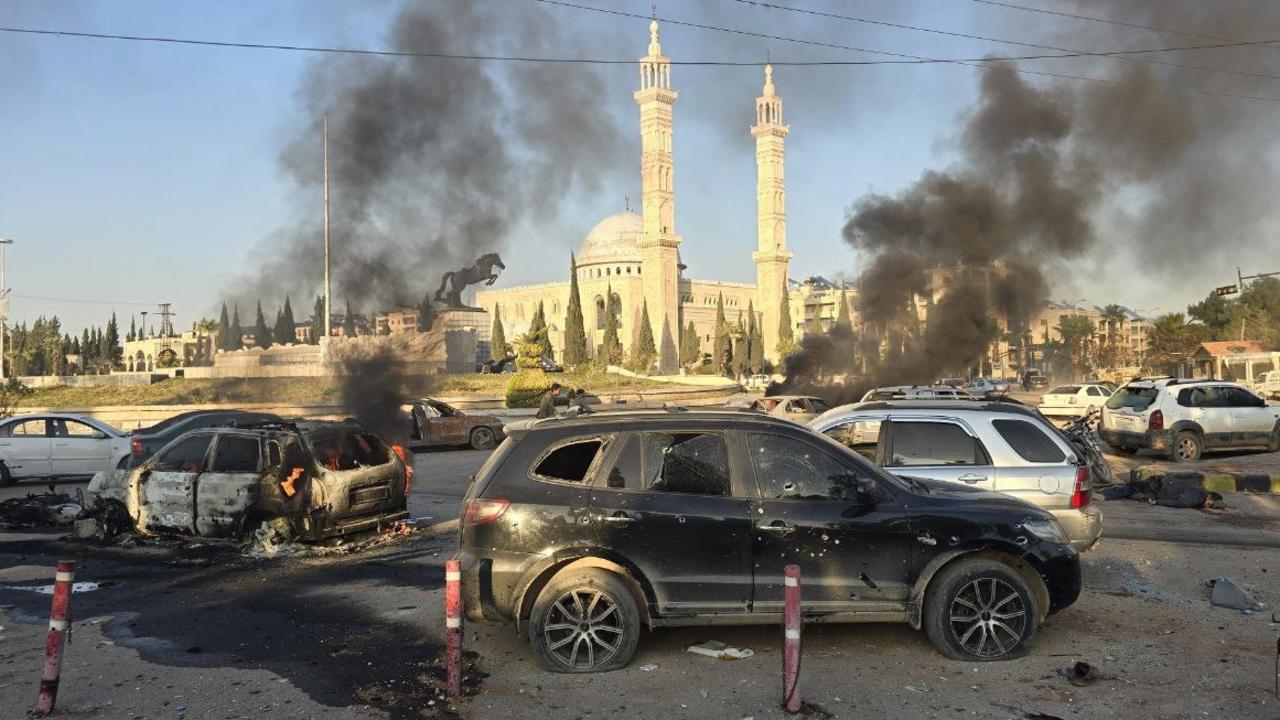
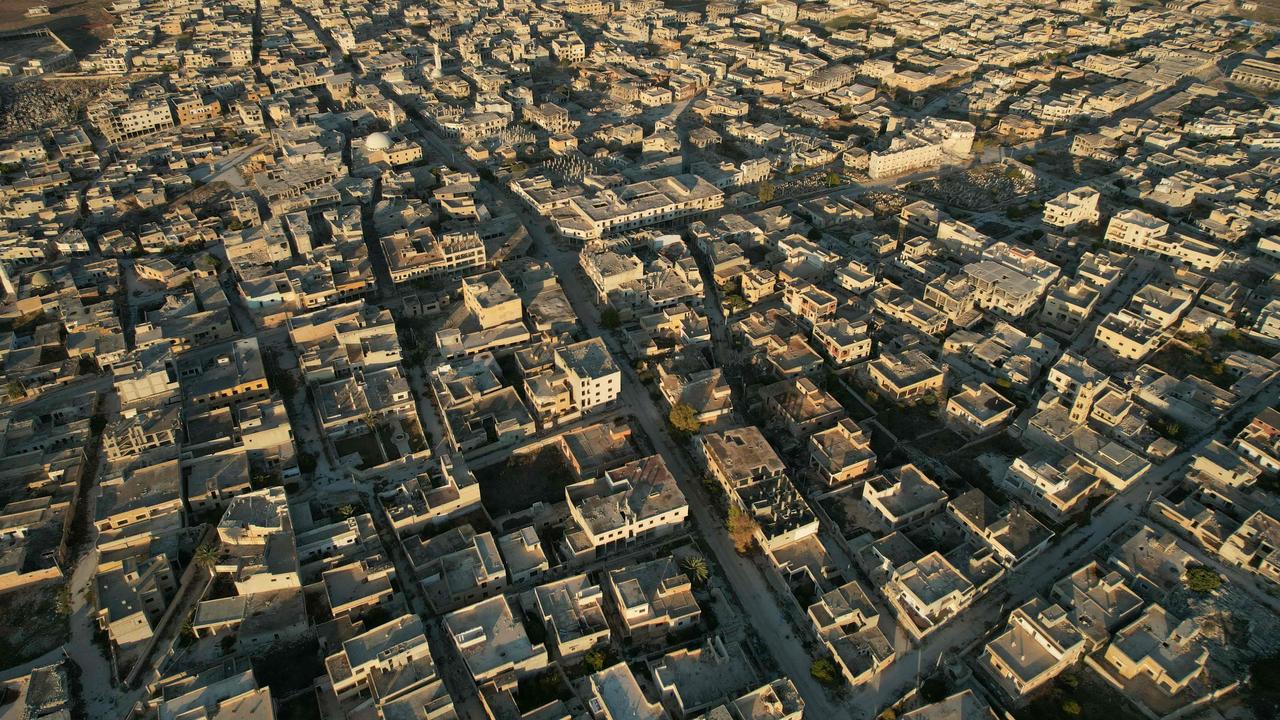
But Russia’s tactics in Syria have taken a heavy toll on civilians. Indiscriminate bombing of hospitals, schools and residential blocks over the past decade is believed to have killed some 500,000 people and sent many more fleeing into Turkey and Europe.
It’s happening again.
Russian air strikes earlier this week targeted a cluster of four hospitals and an administration building in the city of Idlib. And the one place Syrian forces are fighting to defend is the Russian-controlled Khmeimim Airbase and the nearby Tartus naval base on the country’s northwestern coast.
Rebel forces reportedly advanced as close as 35km from the key facility before an effective counter-attack was mounted.
“The Syrian Armed Forces as a whole remain disunited and poorly co-ordinated,” says Lister.
Russia’s forces are in a barely better condition.
Reports suggest only 13 out of the 50 combat aircraft Moscow typically stations in Khmeimim are still there. And only seven of these are operational.
“Air power alone will not likely be sufficient to beat back the rebels,” adds Cook.
“The Russians find themselves in a difficult situation in Syria. There is no question that Moscow will want to defend its position in Syria, but it is unclear yet whether that includes defending Assad.”
The Turkey twist
Ankara has denied any involvement in the new Syrian fighting. Foreign Minister Hakan Fidan insists Turkey would do nothing that could lead to another wave of Syrian refugees flooding into the country.
“However, one thing is clear. Even though Turkey has not been directly involved, its green light of the offensive is based on its core interests,” says Ozkizilcik.
“As a result, Turkey has now positioned itself as the most influential foreign actor in the country.”
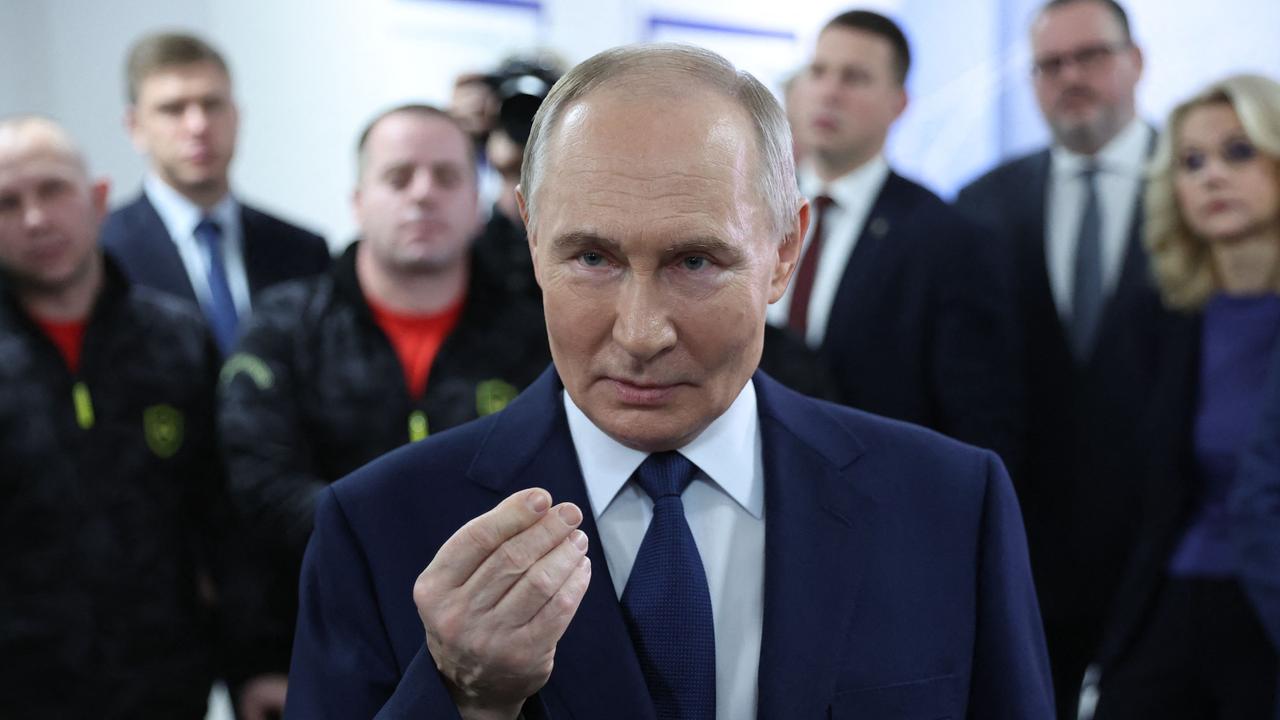
President Recep Tayyip Erdoğan’s interests oppose those of both the United States and Russia.
He wants to prevent the emergence of a new Kurdish nation in northeastern Syria.
He doesn’t want Assad to remain in power.
Nor is he willing to withdraw his army from Syrian territory it seized as a “buffer zone” after the Islamic State insurgency.
“If Erdoğan and his advisers believe that Assad is likely to fall, Turkey could renew its effort to be uniquely influential in a successor government in Damascus,” argues Cook.
“A considerable role for Turkey in a post-Assad Syria would help the Turks manage the problem (for them) of Kurdish autonomy in Syria. It would also help facilitate the return of millions of mostly Kurdish refugees that have made their way to Turkey over the last dozen years seeking safety from the war.”
But the move has also upset improved relations between Ankara, Moscow and Tehran.
“Russia (has) labelled Turkey as an occupying force in Syria,” says the Atlantic Council’s Özkizilcik.
“It demanded the withdrawal of Turkish military personnel from Syria, called for an end to Turkish support for the Syrian opposition, and stated that a meeting between Erdogan and Assad was not feasible at this time.”
And Erdogan will block any efforts by Putin to rush reinforcements to assist Assad.
The Montreux Convention stipulates that warships engaged in any war not involving Turkey must be prohibited from using the narrow Dardanelles passage between the Mediterranean and the Black Sea.
“Moscow and Ankara could wind up at loggerheads,” the Crisis Group warns.
“If, as Russian media outlets suggest, Russia concludes that Türkiye is backing efforts to put the government in Damascus on the back foot, it may seek to strike deep within rebel-held areas to trigger new waves of refugees heading toward the Turkish border.”
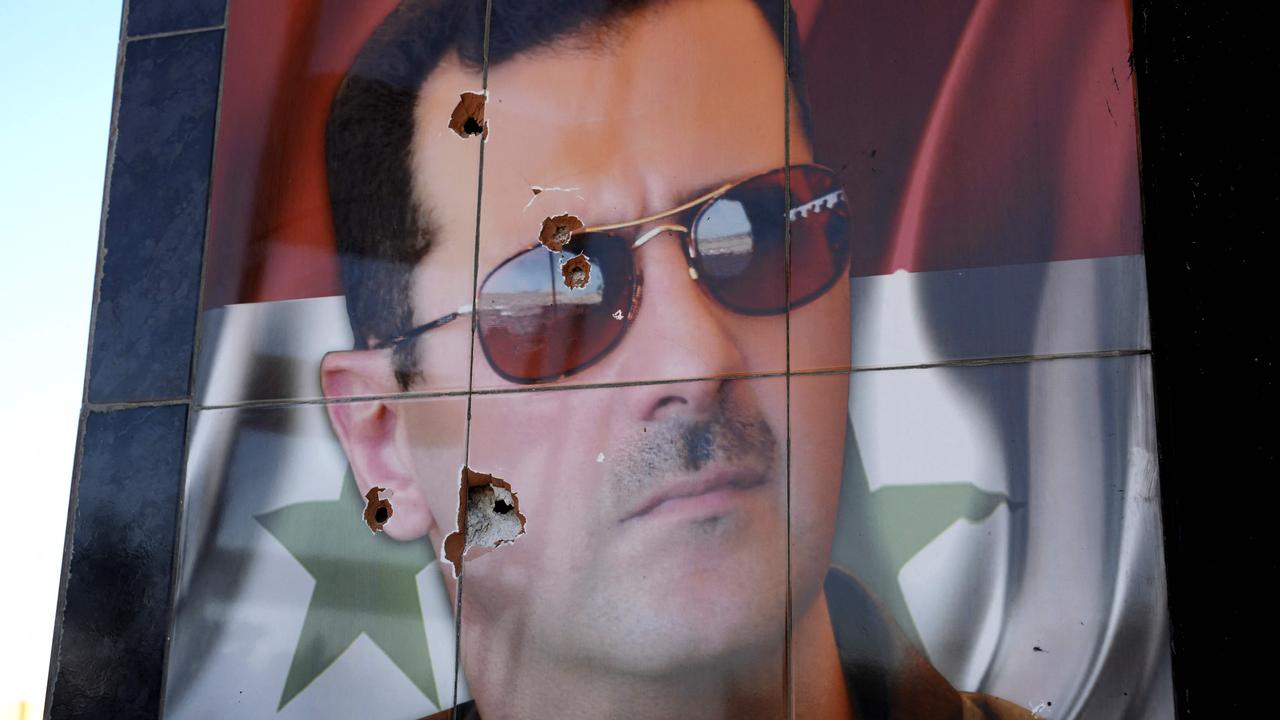
Impotent onlookers
The Syrian crisis has spurred Iranian Foreign Minister Abbas Araghchi into an urgent regional diplomatic mission. And Russian President Vladimir Putin has had a phone call with Iran’s recently appointed president, Masoud Pezeshkian.
“ (Araghchi has) pledged Tehran’s support for an ally on whose survival it has already expended significant blood and treasure,” the Crisis Group reports.
“If Damascus’s grip starts slipping in places beyond Aleppo, and rebel gains disrupt the Iranian arms pipeline to Hezbollah (which Israel already strikes frequently), Tehran would likely feel it has to jump into the breach.”
The future of Iran’s “Axis of Resistance” is at stake.
“Iran is deeply invested in Syria with dozens of military bases and other facilities because the country is critical to Tehran’s support for Hezbollah,” says Cook.
Syria acts as a “pipeline” for weapons between Iran and Lebanon, as well as a remote base of operations for Islamic Revolutionary Guard Corps commanders.
“Iran’s strategic position in the region was already deteriorating; the rebel attack on Aleppo and the apparent renewed threat to the Assad regime put it further in jeopardy,” Cook adds.
Iran has suffered defeats on several fronts. It has lost several high-profile Revolutionary Guard commanders in Syria and Lebanon. And its home soil has been attacked.
“Tehran would have to grapple with whether and how to prevent the fall of a pivotal ally in its ‘forward defence’ strategy on a front that until recently seemed assured,” the Crisis Group states.

“What’s happening is not about us,” a White House official stated earlier this week.
But its military forces have conducted strikes over the past week against what it calls “imminent threats”.
About 900 US troops are still deployed in the region to continue the suppression of Islamic State.
The Pentagon says it will “defend and protect” its personnel and assets, including Kurdish forces operating alongside them.
This puts it at risk of clashes with both Moscow-backed Assad and Ankara-backed rebels.
“The rebel takeover of Aleppo and other areas does not change this mission; in fact, the extremist elements within the rebellion could make this mission more urgent,” says Cook.
US President-in-waiting Donald Trump twice moved to withdraw his forces from Syria during his first term. But he was prevented by advisers who warned of the chaos this would produce.
“Consistent with his ‘America First’ worldview, he may opt this time to withdraw them regardless of the situation in Syria, which currently does not pose a threat to Americans or the American homeland,” Cook concludes.
Jamie Seidel is a freelance writer | @jamieseidel.bsky.social